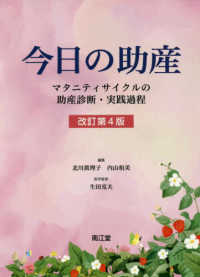Full Description
This book delivers the first comprehensive analysis of the Peace Congress of Carlowitz (1698/99), challenging traditional Eurocentric views on early modern diplomacy. It demonstrates that peacemaking norms and practices were largely 'supra-cultural'—transcending cultural and religious divides across Europe and the Ottoman Empire. Carlowitz emerges as a significant multi-religious congress that introduced pioneering practices, particularly in ceremonial regulations. By confronting cultural essentialism, provincialising the Westphalian congress-model paradigm, and demythologising Carlowitz as a decisive political turning point—notably marking the adoption of a Western European-style diplomacy by cultural 'outliers' such as the Ottoman Empire and Muscovy—this study offers fresh insights into the complexity and polycentric nature of early modern multilateral diplomacy.







